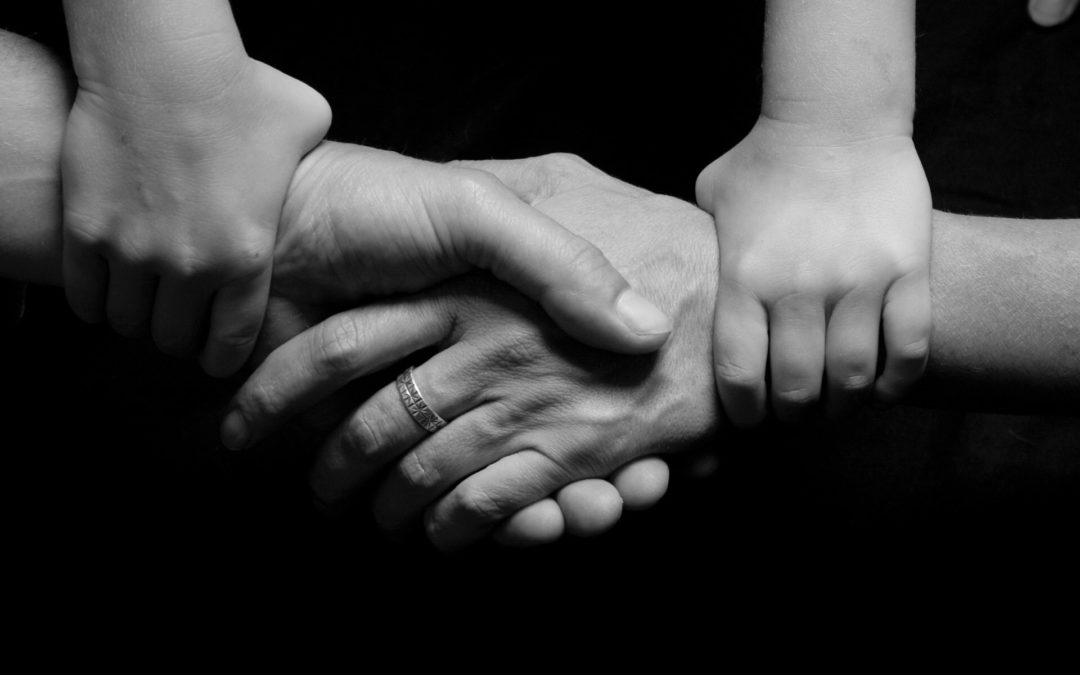1. Emotional Literacy–children must be able to read emotions to empathize
Borba reports that students who can recognize feelings are better adjusted emotionally and are more popular, outgoing and sensitive (Goleman, 1995), in addition to scoring higher academically and being more resilient (Gottman & DeClaire, 1997).
2. Moral Identity–“A child’s inner value system, or moral identity, can inspire empathy, shape character, and motivate compassion.” Borba notes a main way to do this is to help children “define themselves as people who value others.”
3. Perspective Taking–this is the idea of stepping into other people’s shoes to have a better understanding of some one else’s point of view
4. Moral Imagination–feeling with characters in books and movies to increase empathy
5. Self-Regulation–“Self-regulation allows kids to keep their emotions in check and recognize others’ feelings, empathize, and then calmly think of how to help.” Borba cites research regarding how managing emotions is a better predictor of academic achievement than IQ (Lehrer, 2009).
6. Practicing Kindness–Borba notes that when children engage in kindness they are able to better understand others’ feelings and needs, develop better trust and be more focused on others. This also changes a child’s self-image and behavior in a positive way. “Kindness is strengthened by seeing, hearing, and practicing kindness.”
7. Collaboration–Teamwork projects on common goals help children to better understand the collective “we.” Borba reports that cooperative learning has been found to increase achievement and empathy skills such as listening for feelings and perspective taking (Dean et. al., 2012)
8. Moral Courage–“inner strength that motivates children to act on their empathetic urges and help others despite the potential consequences…upstanders…who stand up for others because they know deep down it’s the right thing to do.
9. Growing Changemakers–when children see themselves as individuals who can make a positive difference and influence and inspire others by their behavior. Borba cites research that giving-not receiving-is what makes children happier, healthier, less stressed, and feel better about themselves (Luks & Payne, 2001). Examples given include school service projects and projects to help the larger community.
(*For more information on any of these competencies or for examples under each one that could be helpful, please see the full citation below to reference Michele Borba’s article directly)
At Quest, it is already a major focus for us to help campers develop many of these competencies as part of their typical goals. For example, Borba’s competency of emotional literacy is a key area of focus and skill building since we spend a large focus teaching children to read and identify emotions in themselves and others. At Quest, we teach emotion regulation through many skill building areas including working to increase communication, understanding emotions on a scale, assisting kids with asking for help, working to give others the benefit of the doubt and increase perspective taking. Perspective taking is also different due to the developmental level and age of our campers, but can be expanded through many fun and engaging activities. It can be developed through helping children think more fully about the lives and adventures of their favorite characters in fictional characters week, the resiliency needed in some of famous athletes in Olympic week, the hero’s journey story they craft through level building in video game making week and in actual real life problem solving when something goes wrong with a peer at camp. We also have a high focus on collaboration since we already use our theme weeks to build in multiple projects to assist children in building their ability to be a positive member of a group in collaborative projects. I am excited for this summer as we are doing a lot to really expand these competencies for our campers and will be adding much in the areas of practicing kindness and being changemakers in particular.
I also want to specifically address how these nine competencies can be addressed in the home environment to increase empathy. In regards to emotion regulation, we have written newsletters specific to this so there would be more ideas there, but in general, talking to kids about your emotions and theirs is often helpful. Labeling feelings in clear language, identifying your facial expressions and body language and how those tie to emotions in addition to theirs respectively can also be beneficial. Having cool down periods and only engaging in family problem solving when things are de-escalated is key. You also can point out what some characters in TV shows, movies and books are thinking and feeling. As discussed above, this is great for developing perspective taking and social inferencing (what just happening and what could happen next). The challenge can be to make this a game and fun for your child and not a lecture so pick your moments. There are also lots of ways to practice kindness within a family and model kindness towards others that your children can witness. Finding services projects such as volunteering for animals can also be something your family can do together where you make a difference for others. Some families will think carefully about what type of volunteering experience would be the right type for their family due to duration, types of interactions their families might have with others, level of service commitment, etc.
Empathy like many other things, develops and grows over time. With effort and focus directed towards developing these competency areas it is amazing to see how kids learn and develop.
[1] Borba, M. Nine competencies for teaching empathy. The Promise of Social-Emotional Learning. October 2018, Vol 76, Number 2, pages 22-28

